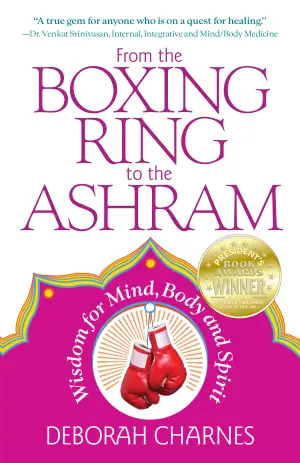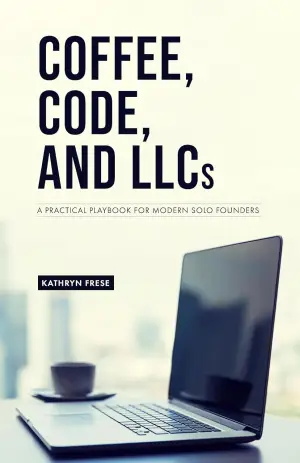Unraveling the Twisted Threads of Verity
When a book manages to pull me into its depths within the first few pages, I know I’m in for a thrilling ride. Colleen Hoover’s Verity is one such unputdownable gem that caught my attention with its promise of suspense and psychological complexity. As someone who thrives on a deeply woven narrative and rich character exploration, I couldn’t resist diving into this dark and captivating tale.
Verity introduces us to Lowen Ashleigh, a struggling writer grappling with personal loss and financial distress. The job offer to finish the unfinished series of the incapacitated author Verity Crawford seems like a lifeline—but it soon spirals into much darker territory. As Lowen sifts through Verity’s chaotic office, she stumbles upon an autobiography that reveals chilling confessions and horrifying truths about Verity’s life, leaving her—and, by extension, us—grappling with a web of unsettling questions.
The themes of ambition, morality, and the shades of human psychology unfold masterfully as Lowen navigates her conflicting feelings for Jeremy, Verity’s husband. The palpable tension layered throughout kept me guessing, and Hoover expertly maintains a balance between suspense and emotional depth. I found myself wrestling with the moral implications of Lowen’s choices and the truths within Verity’s haunting manuscript. "What is the truth?" I kept asking, echoing thoughts voiced by other readers.
Hoover’s writing style shines with its immediacy and vividness. The pacing is relentless, and the narrative twists are expertly crafted. The author’s skill in drawing out complex emotions made me feel both empathy and discomfort, ensuring I was never far from the edge of my seat. The bone-chilling admissions woven into Verity’s manuscript evoke a sense of dread, blurring the line between fiction and reality. I could almost hear the whispers of Verity’s haunting thoughts echoing in my mind, demanding consideration of morality and sanity.
A memorable excerpt reflects Hooper’s psychological finesse: “Sometimes the truth is not what it seems.” This notion resonates throughout the novel, challenging readers to reconsider their assumptions and perceptions of character motivations. It’s no surprise that many have been left reeling by the stark contrasts presented; this isn’t merely a romance or a thriller—it’s a piercing exploration of the human psyche.
Verity is not for the faint-hearted; it delves into graphic adult themes and emotional turmoil, making it suitable for mature audiences only. Still, I wholeheartedly recommend it to fans of psychological thrillers and those who enjoy narratives that challenge their moral compass.
In a world saturated with predictable plots, Hoover’s Verity serves as a refreshing, chilling reminder of the darkness that can lurk beneath the surface of even the seemingly mundane. As I turned the final page, I found myself pondering the complexities of truth and the intricate dance of light and dark within us all. This gripping tale will linger in my thoughts long after the book is closed, and I am eager to hear how it resonates with fellow thrill-seekers!







